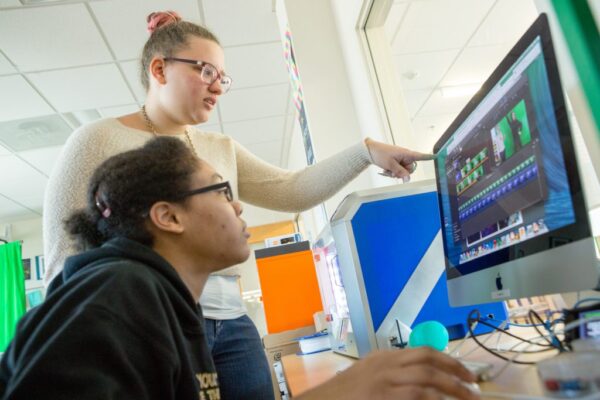Scaling social programs has proven to be a challenge in many policy areas, including education. A new study looks at efforts to maintain and expand charter schools with “No Excuse” models, which have improved results for low-income students with a focus on high expectations, strict discipline, and increased time in school. Researchers Sarah Cohodes, Elizabeth Setren, Christopher R. Walters compared outcomes of students in traditional public schools to those of students who received offers through the random lottery at 14 of the 15 Boston charter schools with entry in the 5th or 6th grade. Their results, are explained in Can Successful Schools Replicate? Scaling Up Boston’s Charter School Sector.
They found less variation in effectiveness in the charter schools at the teacher and classroom levels. For example, in one year of charter attendance, math and English scores increased 0.32 and 0.12 standard deviation respectively. Additionally, the impact of teacher experience is not as significant in charter schools as in Boston Public Schools. That finding indicates that teachers at these charter schools deliver effective education even if they are less experienced. The researchers concluded that highly standardized practices in charter schools can be replicated.
